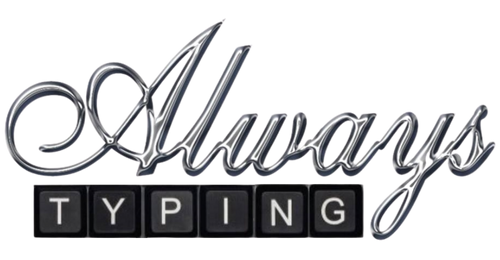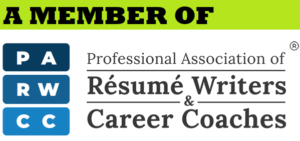Federal Job Cuts: The Truth About Moving From Public Sector to Private Work
The recent wave of federal layoffs has created uncertainty for thousands of government employees. With shifting political priorities, restructuring, and an increased focus on government efficiency, many workers are now facing the reality of transitioning out of federal employment. Unlike past layoffs, these changes are happening on a larger scale and with different economic conditions,…









